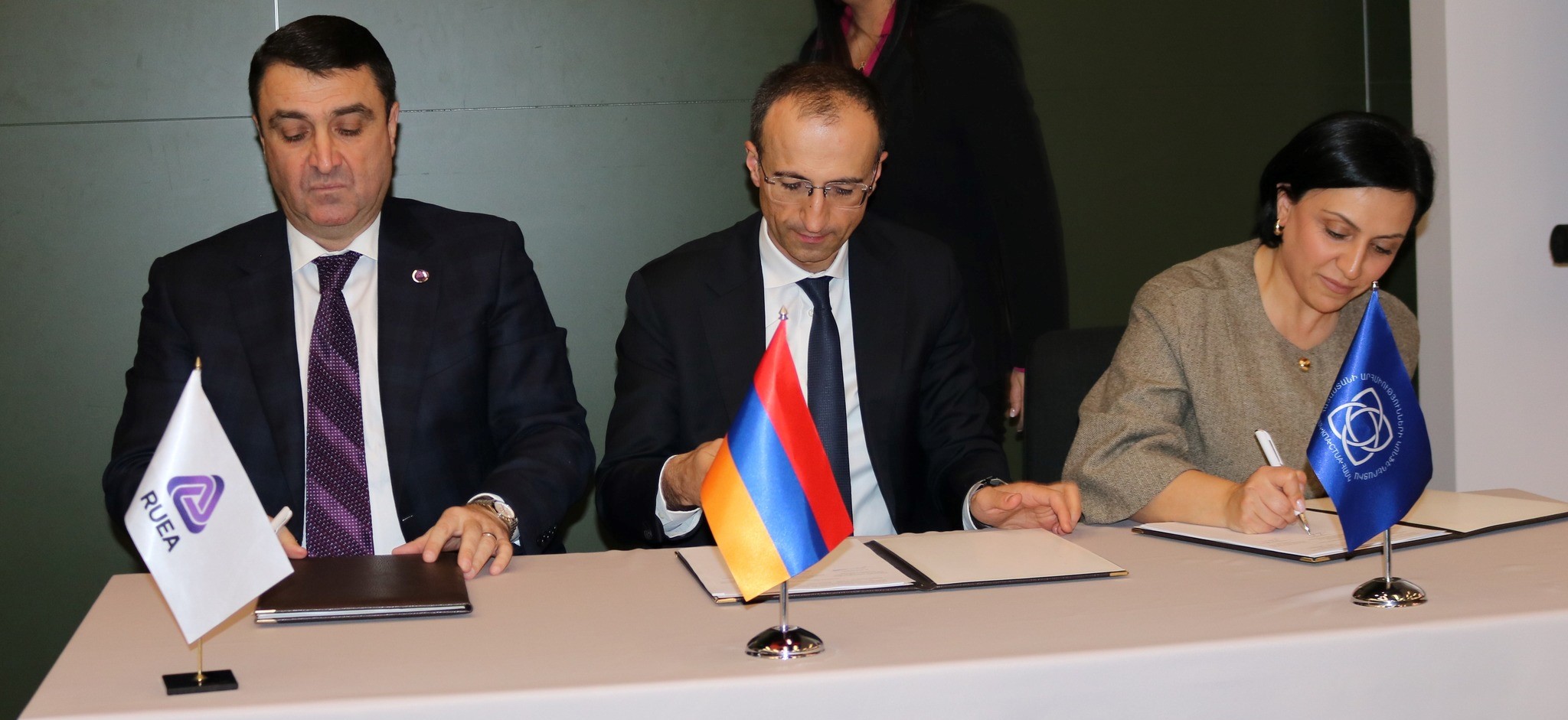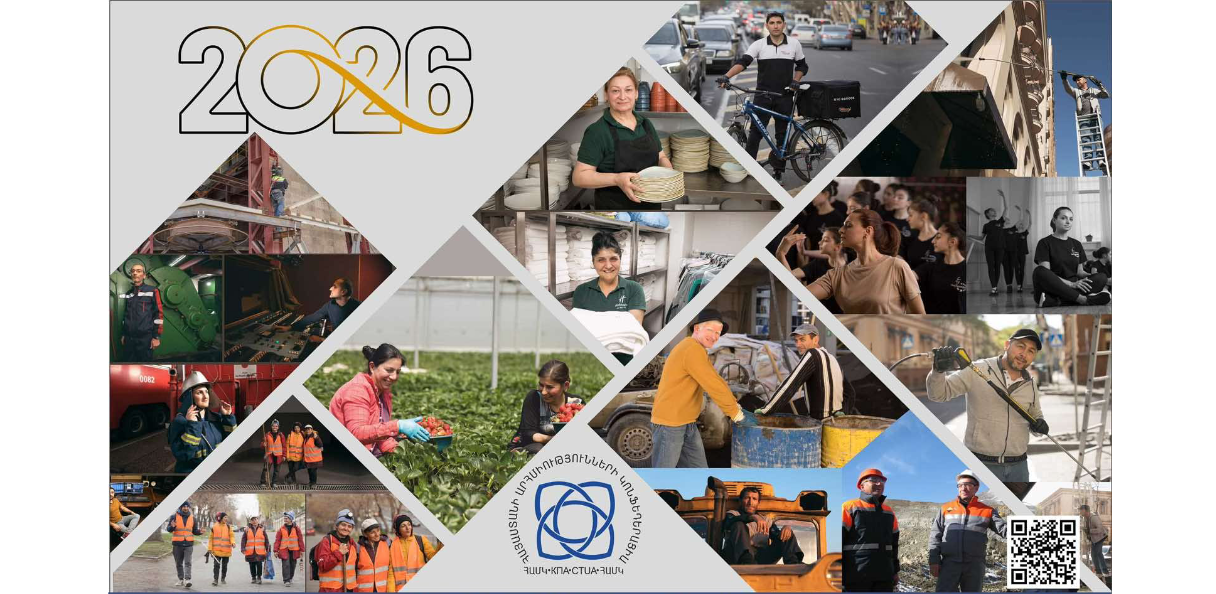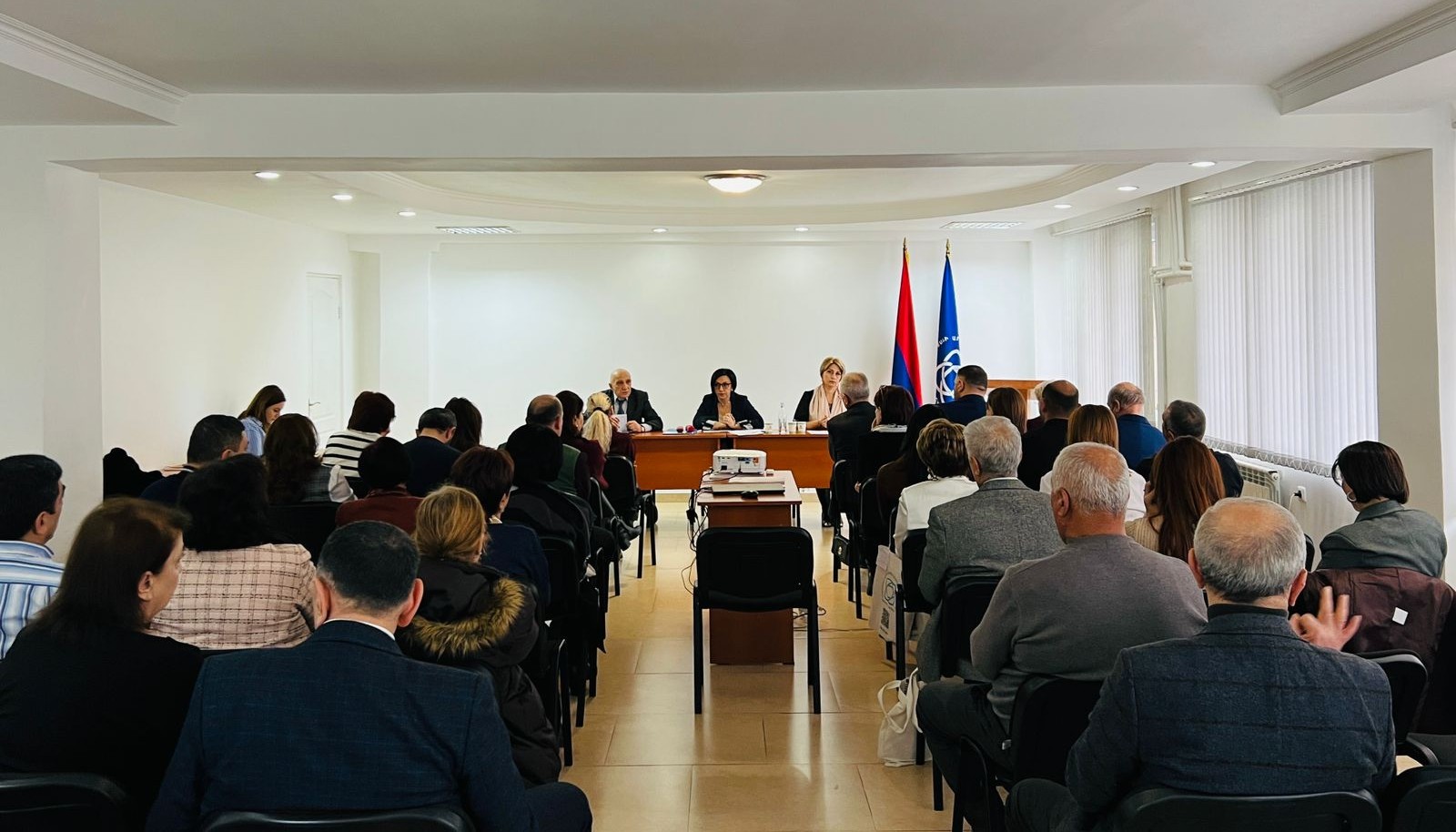The agreement, reached in February during a tripartite meeting of experts on wage policies, was endorsed by the ILO’s Governing Body at its session on 13 March.
The new definition states that a living wage is "the wage level necessary to afford a decent standard of living for workers and their families, taking into account country circumstances and calculated for work performed during normal hours.”
The ILO agreement stresses the critical roles to be played by empowered wage-setting institutions and instruments, particularly social dialogue and collective bargaining, and stresses that governments and social partners should “ensure the incremental progression from minimum wages to living wages.”
It also sets out several basic principles for estimating living wages, including:
• Use of evidence-based methodologies and robust data that are transparent and publicly available.
• Consultation with social partners.
• Regular adjustments to reflect cost of living changes, considering regional and socio-economic realities.
In addition, the ILO is required to assist governments and social partners in evidence-based wage setting. This involves aiding data collection for wage discussions, offering technical support to determine living wage needs and assessing relevant economic conditions upon request.
The agreement is expected to foster greater coherence with ongoing national and international initiatives aimed at defining, estimating and delivering living wages.
ITUC General Secretary Luc Triangle welcomed the agreement: “Achieving this agreement at the ILO, after 80 years of neglecting the importance of living wages, is a major victory for working people.
“Right now, for too many workers, wages are insufficient to lift themselves and their families out of poverty, let alone secure a dignified livelihood.
“This agreement marks an important step towards international action to deliver living wages and marks a leap forward in social justice.”

















